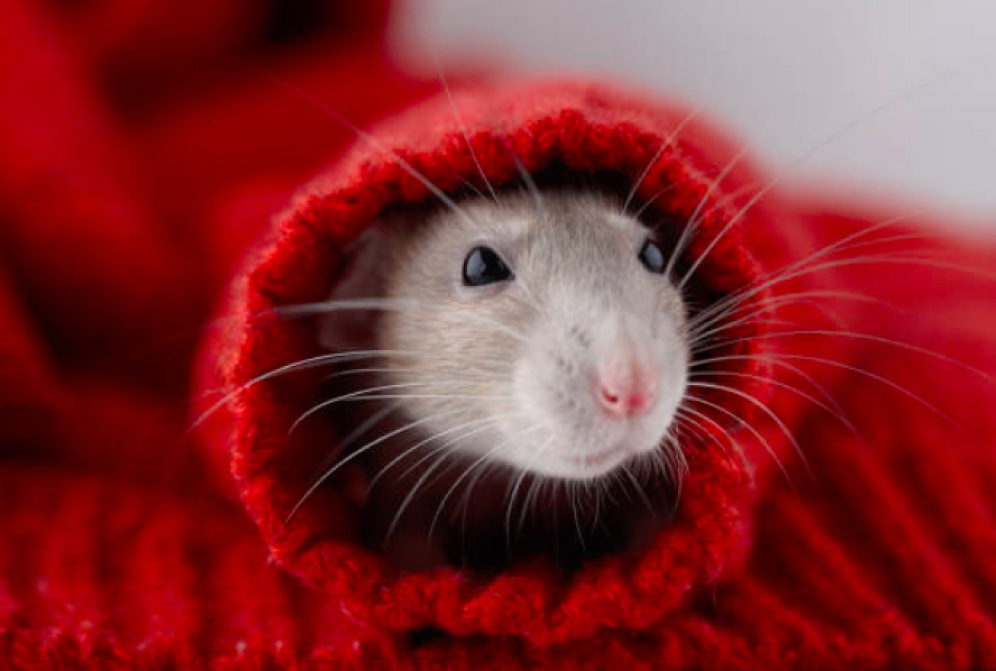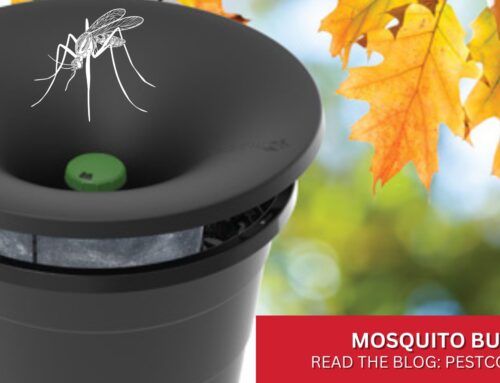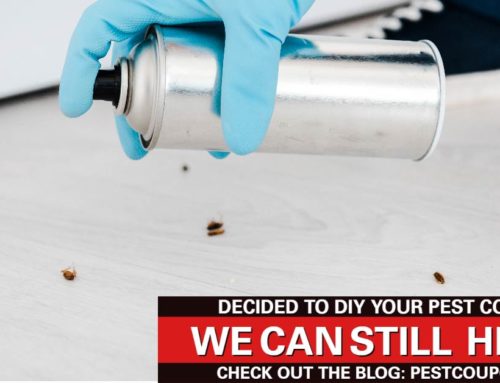Pest Control is seasonal and depends largely on your climate and vegetation! That’s why your pest control company tailors your pest control experience to your surrounding area. Another factor your pest control technician considers is the way weather affects your property. If you live in a largely wooded area, you may have cause to increase your rodent control efforts come November! Thankfully, there are ways you can prepare to defend your home against hungry invaders. Read more to learn how you can protect your home against wintertime pests.
Which Pests are Most Common in the Winter?
The obvious answer is rodents. But there are a few other pests to prepare your home against during the chilly months, including spiders, wasps, and cockroaches. Pest control is never a one-size-fits-all solution, and there is more than one reason to be cautious of wintertime pests. Some are attracted to the warmth and security provided by your walls and attic space. Others are impervious to the cold, making them the wily wild cards of the winter months.
Mice, Rats, and other Fuzzy Wintertime Pests
Mice are some of the most common wintertime invaders for one simple reason. It’s too cold outside! These little, shivery mammals begin to seek cozy shelter the minute they feel a nip in the air. And if they were already in your walls, they will hunker down for the winter and begin to breed. That’s why even the appearance of one mouse can end up being a huge problem for a household!
Defending Your House Against Rodents
According to the National Pest Management Association (NPMA), around 24% of homeowners report mice infestations in the wintertime. That equates to millions of homes taken over by rodents every single year! Thankfully, there are a few simple ways to defend your home against mice, rats, and other small, uninvited mammals.
- Lock Them Out. This one’s a given, but it can be harder than it sounds to totally prevent mice from entering your home. Mice can even squeeze through spaces the size of a pen if they’re feeling ambitious! And that tasty granola in your pantry is just the treat to get them motivated. Seal any holes in your windows and doors and make sure all small entryways are blocked.
- Eliminate Existing Mice.This is important. You may not think it’s a big deal to see a mouse every once in a while, but if a couple of mice decide to stay the winter, you will be stuck with a whole bunch of baby (and adult) mice come spring.
- Hide the Food. If the mice can’t smell all that tasty, tasty granola, they will be less likely to break into your home. Rodents are food-motivated creatures, so tightly pack up your cereals and your candies and make sure to neatly store them in airtight containers.
Cockroaches in Winter
Have you ever wondered why you feel like you have allergies in the dead of winter? It could be the dog. It could also be cockroaches! Cockroach allergies are unexpectedly common and can cause quite a bit of sneezing and sniffling. The reason we’re classifying cockroaches as a winter pest to keep an eye on is because they are so resilient against the cold. When the temperature plummets, many cockroaches have the ability to enter a dormant state called diapause, which causes their metabolic rate to slow down. They don’t need as much energy, but they can still eat, reproduce, and scurry around your home.
Keeping Out the Cockroaches
There are a few things you can do to repel a cockroach invasion. The first step is knowing how to spot signs of an actual infestation. An adult cockroach might not be the end of the world. But if you start to see baby cockroaches in your home, that means they’ve begun to reproduce, and they have done so indoors. Keeping out cockroaches has a lot to do with hygiene. Cockroaches have a one-track mind, and that mind is always focused on food. As long as you don’t make your countertops seem like a tasty leftovers buffet, you should be less likely to experience cockroaches. Here are a few cleaning tips to keep out the cockroaches for good!
Take the trash out every night. This tip can vary, depending on how much trash you have, but it’s never a good idea to leave your trash in the bin overnight.
2. Clean Your Stove. Wipe away all that yummy grease and crumbs after cooking on the stove.
3. Wash and Put Away Dishes. Kitchen cleaning is best done quickly. After you’re finished eating, put away the dishes!
Willy Wasps in Winter
Many people consider wasps to be summer pests, but these frustrating invaders are infamous for overwintering in homes. Essentially your house is a gigantic, comfy tree. Your siding is bark. Your attic is a dazzling array of branches. If they were just hanging out, that would be one thing, but wasps like to burrow through rotted cracks and crevices.
Getting Rid of Wasp Nests in Winter
All pests can be dangerous in their own way, but wasps are especially hazardous, especially to those with allergies to wasp stings. Wasps typically hibernate in winter, which is why they are so determined to find a safe place to nest, such as the side of your home. If you spot one of these nests, don’t assume it is safe to remove because the wasps may be hibernating. It is important to call an experienced pest control professional to remove the wasps safely.
Call Orkin for Your Winter Pest Control Needs!
Unfortunately, pests don’t take a break when winter rolls around. Orkin Pest Control has your pest control solutions for every season! Call Orkin Pest Control for a consultation today!







